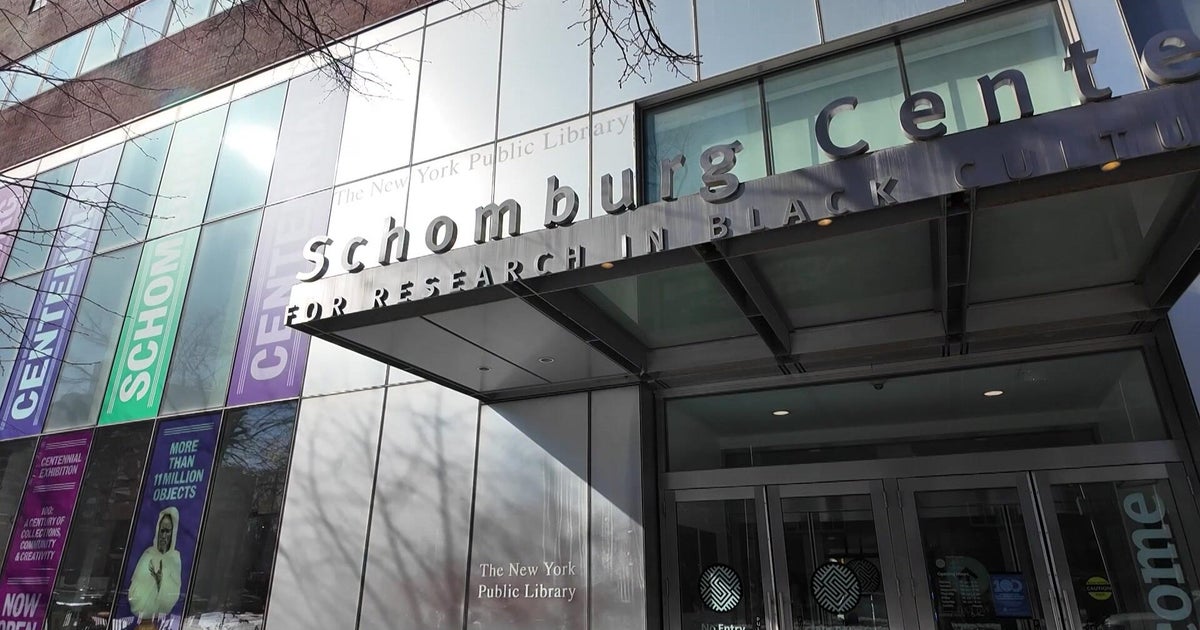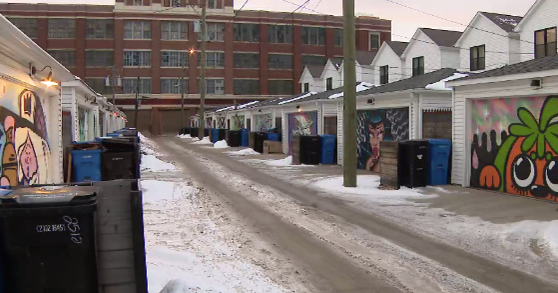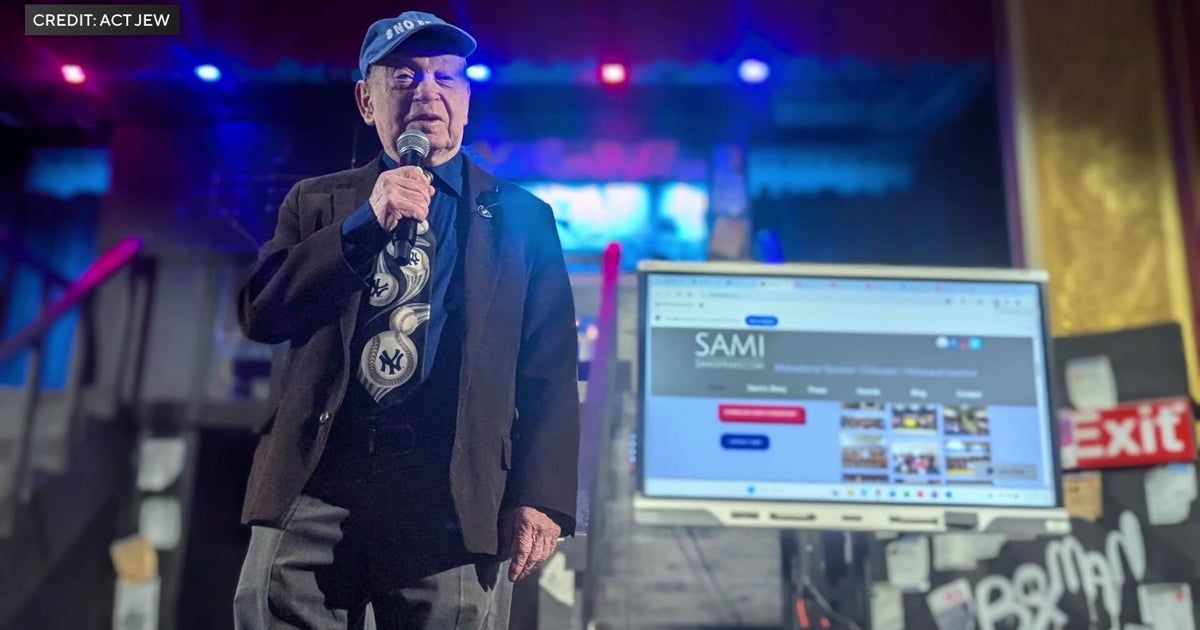Justice Alan Page Loans Collection For 'TESTIFY' Exhibit
MINNEAPOLIS (WCCO) -- A new exhibit at the Minneapolis Central Library takes a look at a part of America's painful past.
Justice Alan Page and his wife Diane are sharing art and artifacts they have collected over the past 30 years.
The exhibit was inspired by the recent resurgence of racial tension in the United States.
From the moment students from Justice Page Middle School walked into the exhibit called "TESTIFY," they were transported back to a time and place in history that some may find painful to recall.
"It's very powerful to see how we came to be," said visitor Elsie Camorna.
"Powerful" is the perfect word describe this collection.
"They don't represents somebody's opinion, they don't represent what somebody thinks, they represent facts and what people did," Page said.
It features bricks made by slaves used to build the White House, to a slave collar used in Virginia in the 1820s.
"I don't understand it, but I know it existed," Page said. "And I think the important part about [it is] all of these objects -- particularly the articles of oppression."
The exhibit features a painting from the 1940s that depicts black children enjoying a swimming pool.
"The reason it's called 'Only On Thursday,' they were only allowed in the pool on Thursday because they were cleaning the pool on Friday," Page said. "Think about that. I mean, it moves me to tears as I stand here," Page said.
Messages of Jim Crow-era signage made many stop in their tracks.
"[The exhibit shows] how we can move forward and make sure history doesn't repeat itself," said visitor Sylvia Thompson.
Visitors are amazed at what was, and concerned that it could once again be.
Ken Dahlager and his wife Sonya are students of life, and feel this exhibit should spark conversation amongst all who see it.
"My hope is they will learn what we did not learn," Dahlager said.
Justice Page believes it is a conversation long overdue and necessary in order of us to truly be the United States of America.
"The one thing we've never dealt with is the present effects of that history, the present effects of that past discrimination," Page said. "And if we're ever going to be one country, as the Lincoln Banner says, we have to address the present effects of that past."
The exhibit runs until Feb. 6 in Central Library's Cargill Hall.







